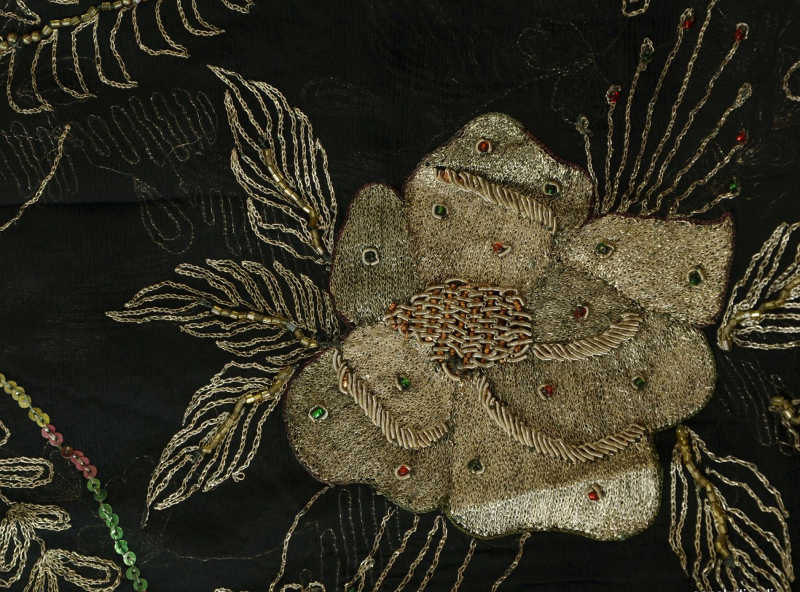===
0949,
12
===

=== |
 |
aabilah : 'A blister, a pustule (of small pox, &c.)'. (Platts p.4)
;Thes : 'Knock, blow; thrust, push, shove; striking the foot (against an obstacle), tripping (against)'. (Platts p.366)
dard-mandii : 'Affliction, sorrow; compassion, sympathy'. (Platts p.511)
FWP:
SETS == GROTESQUERIE
MOTIFS
NAMES
TERMSFor discussion of this ghazal as a whole, see {949,1}.
UGH! What a bizarre verse, and an intriguing example of 'mood'! The image of someone's youth being compared to a blister or pustule, which if struck a sharp blow would 'burst' and flow away, is to me just irremediably distasteful. The disgustingness of the image overcomes any ability of the verse to create a suitable 'mood'. But that's just me, and SRF of course speaks for the tradition, while I am an unabashed outsider. You, dear reader, can make up your own mind.
Note for translation fans: It's always intrigued me that dard-mandii can mean both one's own suffering, and the pain of one's compassion for the sufferings of others. In English, the line between the two is drawn much more clearly. In this case (as in the ghazal world generally) we can pretty well know that the lover suffers his own pain. But in a general way when translating it's necessary to be careful about the alternatives in English, and when reading translations one should be alert for possible errors of this kind.